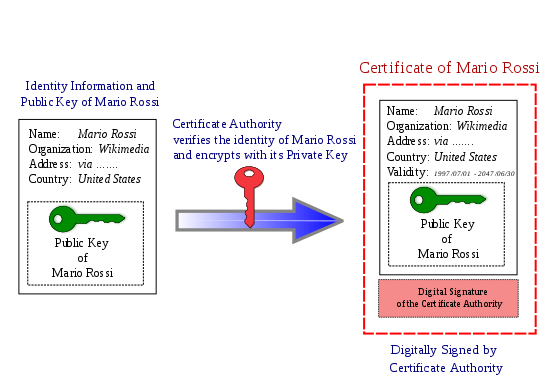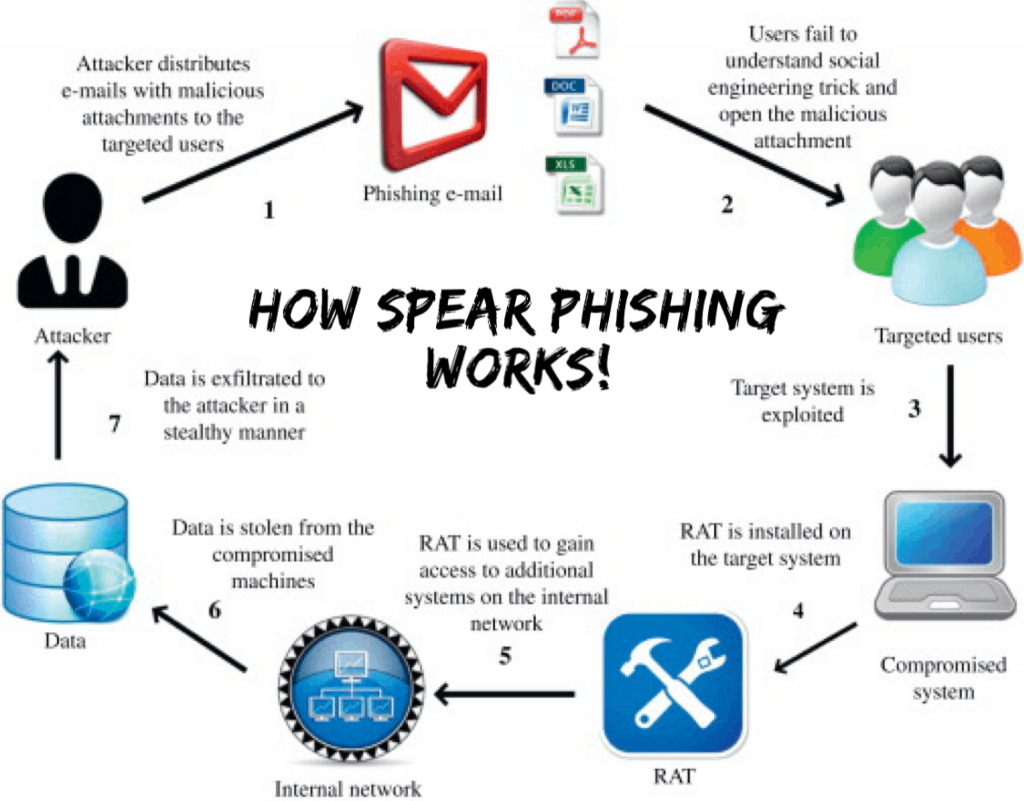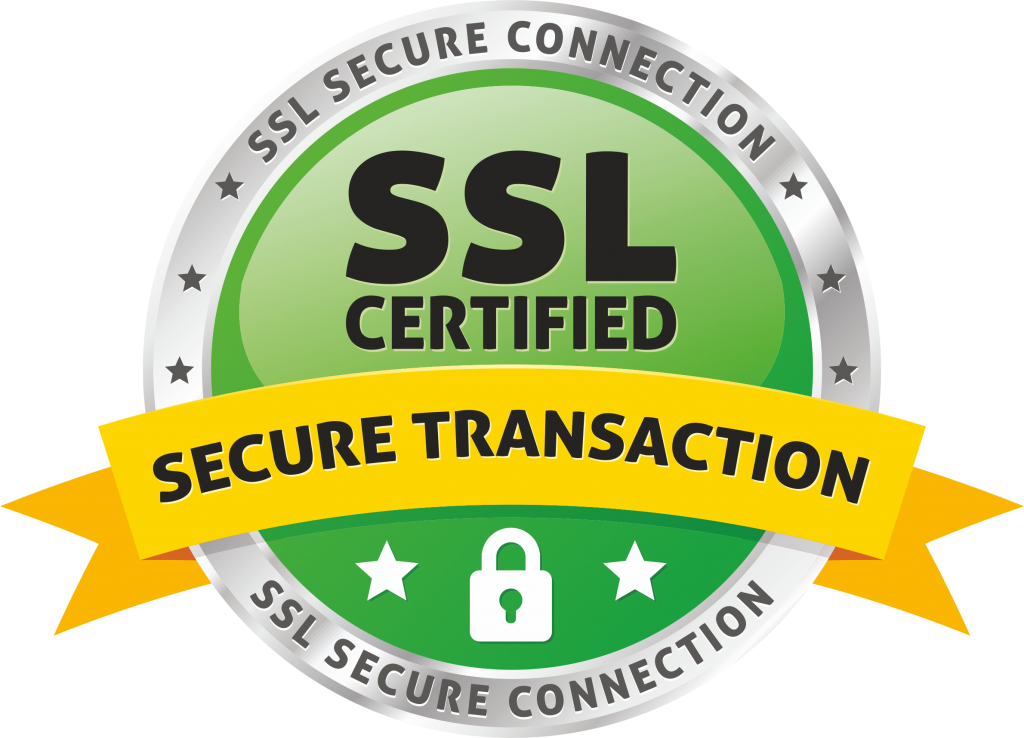Do You Use a Digital Certificate for Your Website? If you aren’t, you should be. A digital certificate is one of the most fundamental security measures you can take for your site. What is a Digital Certificate? A digital certificate authenticates a website’s credentials. It also ensures that the data goes to the correct receiver. We also have HTTPS (hypertext transfer protocol secure). HTTPS protocol ensures the data is encrypted as it passes through a secure socket layer or the transport layer security.
Risks of Not Using a Digital Certificate

A digital certificate is a crucial part of your website, and without it, search engines will fail to recognize your site as safe.
Network
Without HTTPS protocol, whenever you log in to any service or app, your password can easily be “discovered” because it is plain-text. A cybercriminal needs to find a vulnerability, and they can get access to the most sensitive areas of your data. However, if the site is encrypted using the HTTPS protocol, the data will be like a puzzle piece. The actual recipient of the message can only unlock this particular puzzle.
A Threat to Other Channels
If even a single password is compromised, other accounts may also be in jeopardy. People frequently use identical passwords to avoid the complexity of remembering different passwords. While it is an irresponsible security measure, it can give cyberattacks what they need to hack an entire network. Once they have your info, they can sell it on the dark web or to your competitors.
Spear Phishing

Spear phishing attack model use to launch targeted attacks. Copyright © 2014 by Aditya K Sood and Richard Enbody.
Spearfishing and spear phishing, even though they sound the same, are two very different things.
You may think that the emails or phone numbers of your employees may not be sensitive. However, you’d be wrong. Cybercriminals often attack others using spear phishing. Spear phishing is a technique in which hackers disguise themselves as a trusted and popular authorities.
Let’s take FedEx. For example, their name has been used in cyberattacks sending malicious emails. These emails have attachments that may run harmful scripts after they are opened. After the email has been opened and the extension downloaded or clicked on, that user will be infected. Now everyone on the network is at risk because one person’s credentials were compromised. Entangling the organization in a legal mess and tarnishing the company’s image. If this happened to a smaller business, it could be disastrous. Businesses end up closing because of breaches like this.
Why is HTTPS So Important for Websites These Days?
The worldwide web used to be as insecure as it gets. Sure, it still has a thousand loopholes that many people utilize every day, such as VPNs and even hacking loopholes. Still, the importance is that your website shouldn’t be accessible to these scammers and hackers as quickly. It used to be that HTTPS (hypertext transfer protocol secure) was primarily used on websites that withheld data such as credit cards and pertinent identity information. Still, it’s becoming the norm for every website since almost everything uses cookies today (which stores user data and collects data regularly from its visitors). Let’s see why you need HTTPS for your website.
Search Engines Depend on HTTPS

Google isn’t just a fast search engine. They also have an entire suite of team management software for you to use.
Of course, as you may notice, almost all search engines themselves are on secure servers, as they collect numerous bits of data from people. Because of this, they’re going to give more support and higher rankings to those websites that have HTTPS rather than plain old HTTP for their companies (and even personal websites). People going to numerous websites like WordPress pages and more will have cookies used, and therefore, it looks more professional to have HTTPS installed. Even Google loves this because it shows that your website is safer.
It’s More Secure

HTTPS protocol ensures the data is encrypted as it passes through a secure socket layer or the transport layer security.
Sure there are always loopholes, but there are numerous data breaches that have occurred in recent years, and the majority of them were because some of these websites weren’t secure. By being over hypertext transfer protocol, you’re not providing a secure socket layer that blocks users from having unauthorized access to your servers, thus making your website a potential tool to steal users’ information.
You Can’t Optimize Your Site for Mobile Without It.
Along with the SEO world that is super-important for your websites, Google and many other search engines are looking higher upon mobile-ready websites, allowing them to rank higher above all of the rest, optimized for computer users. As the world progresses, eventually, almost all browsing will be done on mobile devices of some sort in the next few years. This mobile optimization is another SEO advantage, of course, which can make your website rank higher.
It Protects Everyone

Making your site SSL certified will not only make it more secure, but it will also improve your SEO ranking, and potential customers will have more trust in your business.
When you use cookies, sell anything online, operate any personal business, or even if you’re collecting data from people who visit your blog, it’s essential to know that you need to keep everyone safe. By pointing out to people that you won’t use or disperse their information to third parties (and let them know that if anyone were to breach your business site and you are not liable for any problems to bypass your security), then you can significantly save yourself and other people from a world of headache. There is nothing wrong with having a professional yet personal website.
Many Programs and Programming Languages Require It
Websites can now capture your audio and video, even though Adobe Flash is about to go away. When you’re going to do this, even Java-based web applications and plugins require a lot of confirmation from the actual user. By adding HTTPS, it allows you to complete confirmation tokens for their personal information securely and explicitly.
What About HTTPS on Internal Networks?
A company’s intranet contains a ton of data about many people, especially as the company grows. More than anything, most companies have their internal networks and internal sites often overlooked by some IT professionals. This has led to trouble when a disgruntled employee can hack into your intranet with ease. Therefore stealing fantastic information and even change data in your systems (it’s not just for bank heist movies – this stuff has happened on company servers) like payroll, account balances, stealing business credit card information, and more. To stop this from happening, it’s essential to have an SSL security certificate that keeps your intranet secure.
Our Final Thoughts
Based on everything that we’ve seen here (and all over the internet), using HTTPS is more of a necessity now than ever, and who knows? Maybe there’ll be another ultra-secure solution that will end up being used even further down the road.
